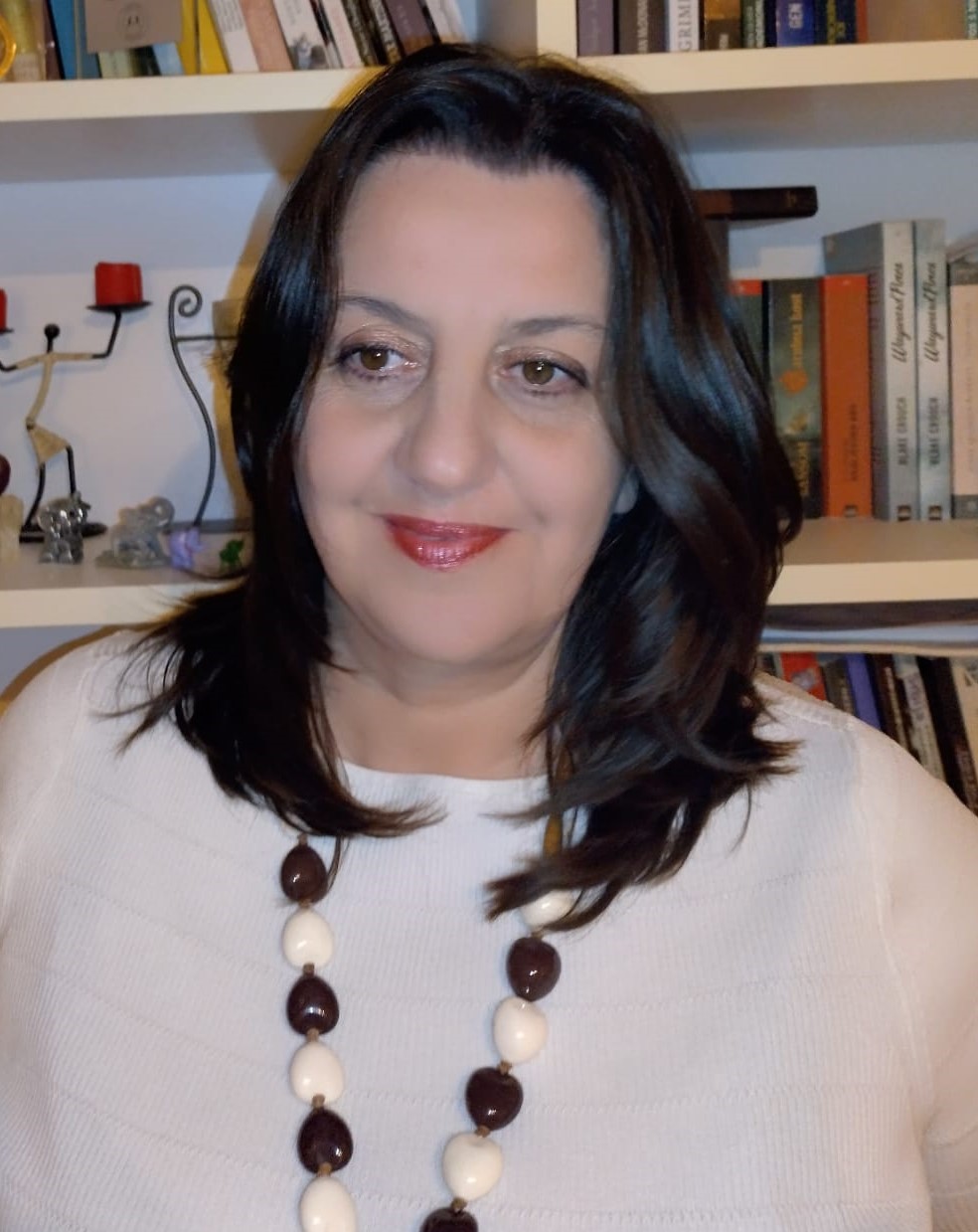
Ida Ograjšek Gorenjak, principal investigator
University of Zagreb, Faculty of Humanities and Social Sciences
e-mail: iograjse@m.ffzg.hr
Learn more
Ida Ograjšek Gorenjak is an assistant professor in the Department of History at the Faculty of Humanities and Social Sciences, University of Zagreb. Her academic work centres on women’s, gender, and cultural history. She earned her MA in 2005 with a thesis on women’s education at the turn of the 20th century, and her PhD in 2011, focusing on gender stereotypes in interwar Yugoslavia. Since then, she has developed and taught a variety of university courses on women’s history. She has participated in several smaller and five larger research projects and was part of the organisational board of sveral international conferences and numerous roundtables and panels on the topic of women’s history.She is the author of Opasne iluzije: Rodni stereotipi u Kraljevini Jugoslaviji (Dangerous Illusions: Gender Stereotypes in the Kingdom of Yugoslavia, Zagreb, 2014), co-editor of Zbornik Božene Vranješ Šoljan (Collected Volume of Božena Vranješ Šoljan, Zagreb, 2022), and guest editor (with Andrea Feldman) of a special issue of Radovi Zavoda za hrvatsku povijest (Journal of the Institute of Croatian History) dedicated modern women thinkers. From 2013 to 2017, she served as editor-in-chief of the journal Povijest u nastavi (History in Education). Within the scope of this project, her research focuses on two interrelated areas. The first is a comparative analysis of ego-documents, diaries, memoirs, autobiographies, and personal correspondence, to trace how the complex social, cultural, economic, and political transformations of the 19th and 20th centuries shaped women’s social roles, identities, value systems, and self-perceptions. The second examines the emergence of the women’s movement as a new space for women's social and political engagement.

Ana Batinić
Croatian Academy of Sciences and Arts
e-mail: abatinic@hazu.hr
Learn more
Ana Batinić is a Senior Research Associate at the Croatian Academy of Sciences and Arts, where her work centers on literary history, particularly Croatian literature and its broader cultural contexts. She earned her degree in Croatian and English language and literature from the Faculty of Humanities and Social Sciences, University of Zagreb, in 2003 and completed her doctoral studies there in 2011, defending a dissertation entitled Animalističko čitanje hrvatskih dječjih časopisa (An Animal Studies Reading of Croatian Children's Magazines). She is the author of numerous scholarly articles and two monographs: Judi imaju dušu a živine paru? (Do Humans Have Souls and Animals Steam?, 2021) and U carstvu životinja. Animalističko čitanje hrvatskih dječjih časopisa (In the Animal Kingdom: An Animal Studies Reading of Croatian Children's Magazines, 2013), both of which explore intersections of literature, culture, and animal studies. Within the framework of this project, she is investigating the contributions of both prominent and lesser-known Croatian women writers of the early 20th century-such as Ivana Brlić-Mažuranić, Jagoda Truhelka, Ruža Lucija Petelin, Zdenka Marković, Camilla Lucerne, Adela Milčinović, and Marija Jurić Zagorka-to cultural and historical developments in Croatia, as well as the traces their work has left in European and global literary contexts.
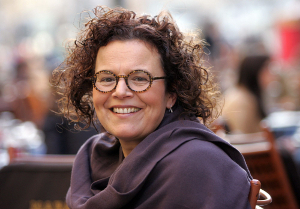
Andrea Feldman
University of Zagreb, Faculty of Teacher Education
e-mail: andrea.feldman@ufzg.hr
Learn more
Andrea Feldman is a Professor at the Faculty of Teacher Education, University of Zagreb. Her academic interests focus on 20th-century history, with a particular emphasis on women’s and intellectual history. She earned her MA and PhD at Yale University in the United States and has also served as an advisor to the Minister of Foreign Affairs on human rights and civil society. She is the author of several scholarly books, including Hrvatska povijest u europskoj perspektivi (Croatian History in a European Perspective, 2023), Imbro I. Tkalac: Europsko iskustvo hrvatskog liberala (Imbro I. Tkalac: The European Experience of a Croatian Liberal, 2012), Povijesno gledamo: Razgovori s povjesničarima (A Historical View: Conversations with Historians, 2007), and Liberalna misao u Hrvatskoj (Liberal Thought in Croatia, 2000). She is also the editor of the volumes Žene i moć: povijesna geneza jednog interesa (Women and Power: The Historical Genesis of an Interest, 2020) and Žene u Hrvatskoj: Ženska i kulturna povijest (Women in Croatia: Women’s and Cultural History, 2004). For the purposes of the project, she is carrying out extensive research into the life and work of internationally recognized anthropologist Vera Ehrlich Stein, with the aim of producing the first comprehensive biography of her life.
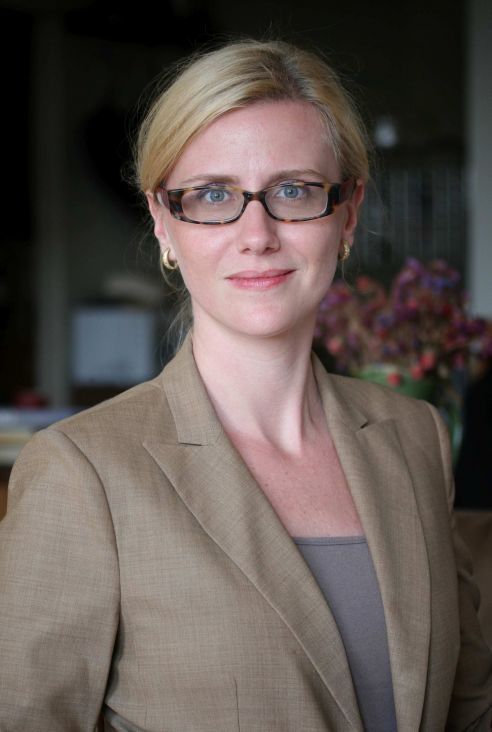
Emily Greble
Vanderbilt University, College of Arts and Science, Nashville
e-mail: emily.greble@vanderbilt.ed
Learn more
Emily Greble is professor and chair of the Department of History at Vanderbilt University (College of Arts and Science). Her research engages with legal and social history, Islam, civil conflict, and local responses to socialism in the Balkans and Eastern Europe. Her recent book, Muslims and the Making of Modern Europe (Oxford, 2021), received numerous awards and was named one of the best history books of 2022 by the Financial Times. As part of the project, Greble investigates how women in Southeastern Europe experienced legal and social transformations related to the formation of civil society and processes of legal centralization during the long 19th century. She pays special attention to the effects of these changes on various groups of Croatian women, including those on the social margins, refugees, peasants, and enslaved women.

Marijana Kardum
University of Zagreb, Faculty of Teacher Education
e-mail: marijana.kardum@ufzg.hr
Learn more
Marijana Kardum is an Assistant Professor at the Faculty of Teacher Education, University of Zagreb, Croatia. Her teaching and research focus on transnational peacemaking initiatives and regional cross-border cooperation in the context of major continental conflicts, intellectual and women’s history, and comparative studies of political doctrines in East Central Europe. She recently published chapters in The Routledge Handbook of Balkan and Southeast European History (2020), The Making of a World Order (Routledge, 2023/4), and Notions of Europe in the Age of the World Wars (De Gruyter, 2024/2025). As part of the current project, her research explores how modern women thinkers engaged intellectually and politically in the Croatian and Yugoslav contexts amid the sweeping ideological, political, and social transformations of the 20th century, including world wars and authoritarian regimes.
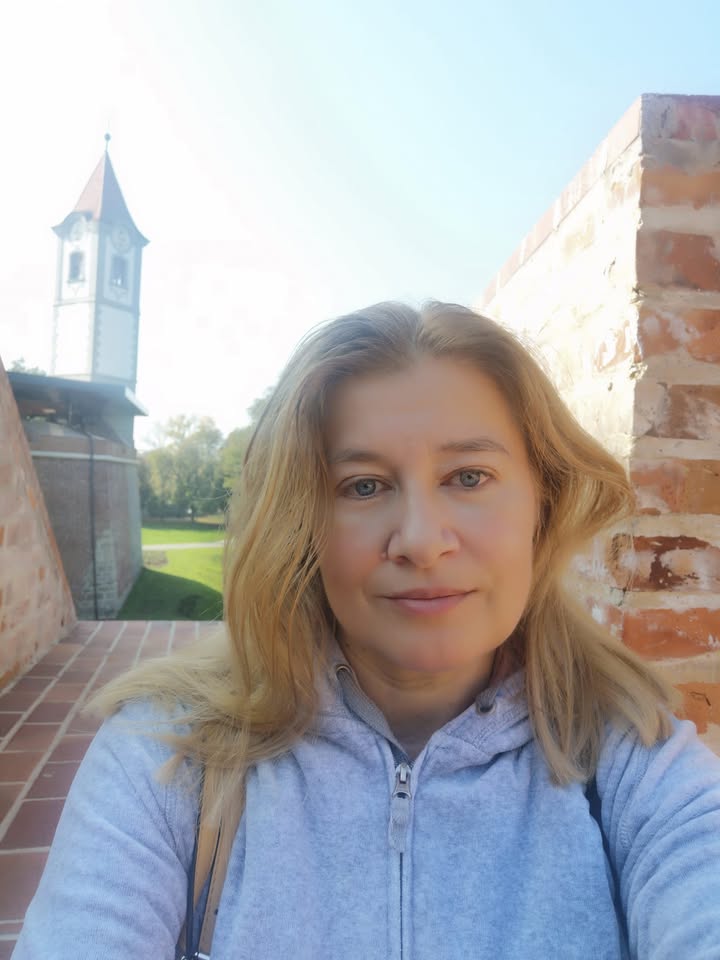
Zrinka Nikolić Jakus
University of Zagreb, Faculty of Humanities and Social Sciences
e-mail: znikolic@m.ffzg.hr
Learn more
Zrinka Nikolić Jakus is a professor in the Department of History at the Faculty of Humanities and Social Sciences, University of Zagreb, where she teaches courses on Croatian medieval history and various topics in social history, including women’s history. She earned her PhD at Central European University with a dissertation on the formation of the Dalmatian urban nobility. Her main research interests include women’s history, elites, families, and everyday life in the medieval period. In the context of this project, she focuses on women in the city of Zadar between the 11th and 15th centuries, analyzing shifts in their familial and economic roles over time.

Mária Pakucs
"Nicolae Iorga" Institute of History, Romanian Academy, Bucharest
e-mail: maria.pakucs@gmail.com
Learn more
Mária Pakucs is a Senior Research Associate at the “Nicolae Iorga” Institute of History, Romanian Academy, specializing in the Early Modern period. Her scholarly interests focus on interregional trade between Transylvania and the Ottoman Empire, urban history, and the formation of political discourse. She earned her PhD in 2004 from the Department of Medieval Studies at Central European University (CEU) in Budapest, and in 2022, she obtained her habilitation from the Romanian Academy. She has been a fellow at New Europe College (2003–2004), a Fernand Braudel Fellow at the Maison des Sciences de l’Homme in Paris (2004), and an Andrew W. Mellon Fellow at the Herzog-August Library in Wolfenbüttel, Germany (2006). As part of her research for this project, she will examine the role of women in the social and economic life of cities in Central and Southeastern Europe during the Early Modern period. Her work will focus on regulating women’s roles in sumptuary laws, their positions within urban households, and family and intergenerational relations dynamics.
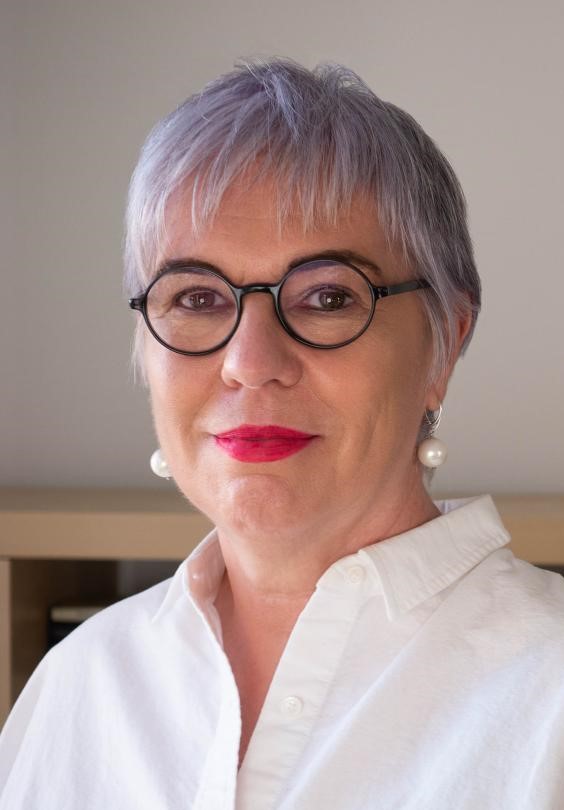
Andrea Pető
Central European University, Vienna
e-mail: petoa@ceu.hu
Learn more
Andrea Pető is a professor in the Department of Gender Studies at Central European University in Vienna and holds a Doctor of Science degree from the Hungarian Academy of Sciences. She teaches courses on European comparative social and gender history, gender and politics, women's movements, qualitative methods, oral history, and the Holocaust. She has received numerous international recognitions, including the Madame de Staël Prize for Cultural Values (2018) and the University of Oslo Human Rights Award (2022). She is the author of seven monographs, editor of 31 volumes, and has published over 320 scholarly articles and book chapters in 24 languages. Within this project, Pető focuses on methodological approaches and comparative analyses in historiography, aiming to critically reassess and expand the interpretative frameworks that shape our understanding of women's histories in regional and transnational contexts
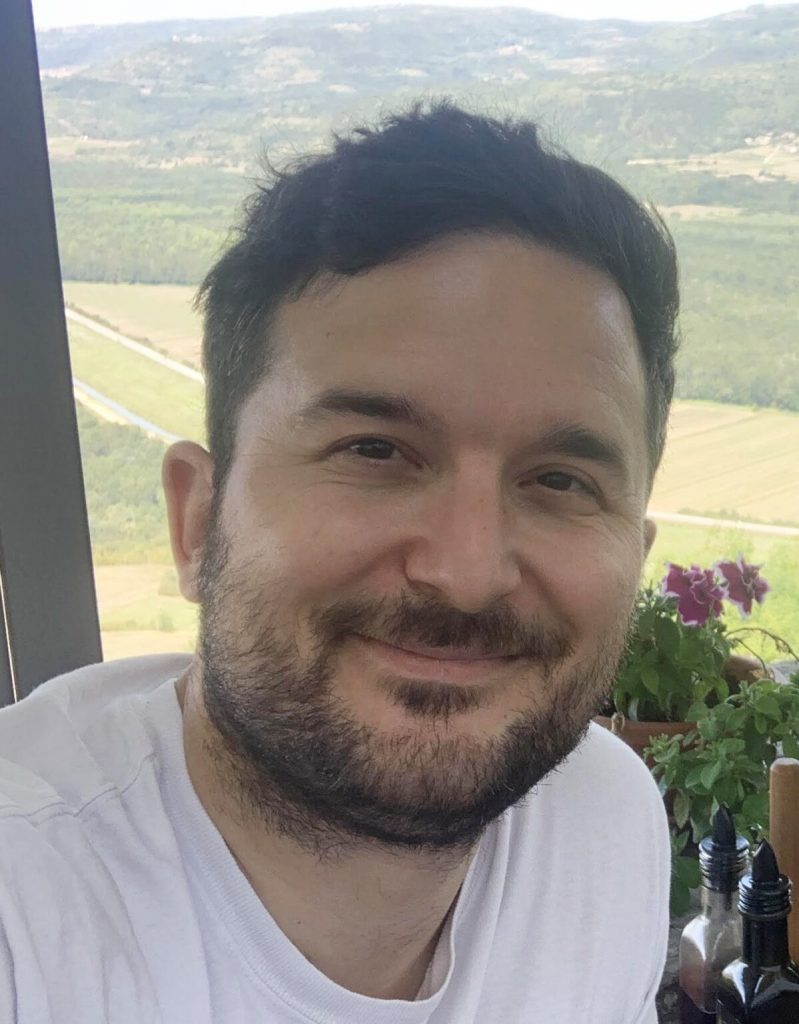
Luka Špoljarić
University of Zagreb, Faculty of Humanities and Social Sciences
e- mail: luka.spoljaric@m.ffzg.unizg.hr
Learn more
Luka Špoljarić is an assistant professor in the Department of History at the Faculty of Humanities and Social Sciences, University of Zagreb, where he serves as Chair of the Medieval World History Section and Director of the Doctoral Program in Premodern History. His research focuses on the history of the Croatian lands in the late Middle Ages, with particular attention to political, social, and intellectual developments. He earned his history and Latin language and literature degree from the University of Zagreb in 2007. He completed his MA (2008) and PhD (2013) in Medieval Studies at Central European University in Budapest under the supervision of Niels Gaul. He continued his academic training at Harvard University, working with James Hankins, and conducted research at the Warburg Institute in London and the Villa I Tatti research center in Florence, dedicated to the Italian Renaissance. As part of the project, he is examining newly discovered letters written by Elisabetta Morosini Frankapan to her father, Venetian patrician Paolo Morosini. This correspondence offers a valuable historical source for understanding her education, family ties, role as an intermediary between her husband and Venice, and her interest in Renaissance art.
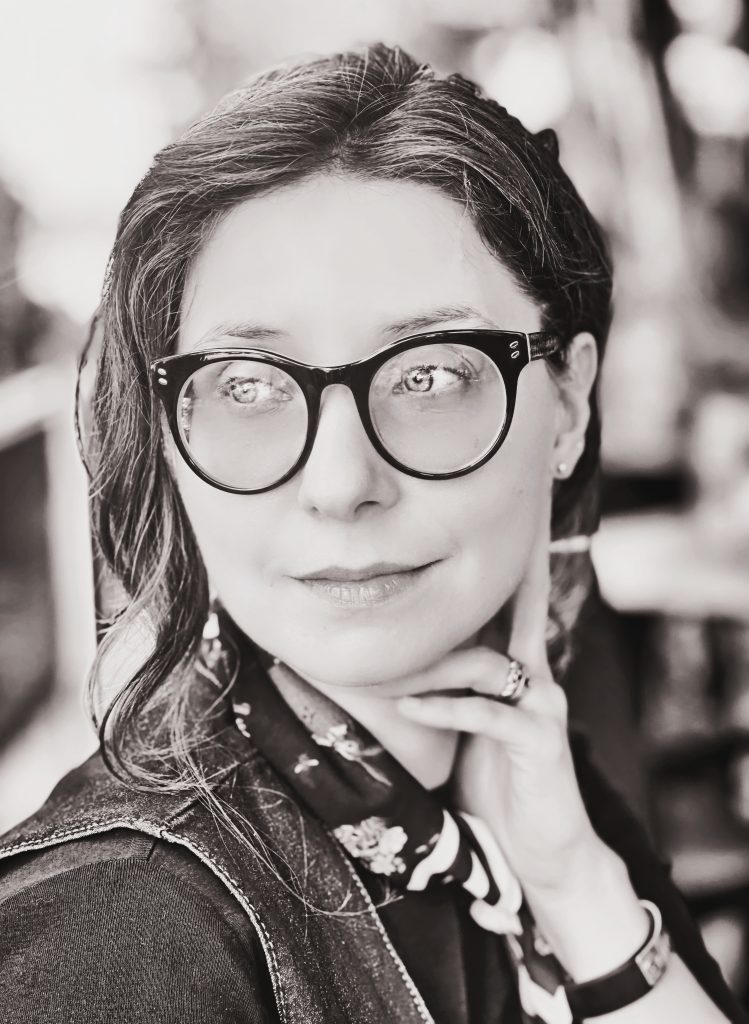
Mirjam Vida Blagojević
University of Zagreb, Faculty of Humanities and Social Sciences, Doctoral Programme in Modern and Contemporary Croatian History
e-mail: mirjam.vida@gmail.com
Learn more
Mirjam Vida Blagojević holds a degree in History and Croatian Language and Literature from the Faculty of Humanities and Social Sciences at the University of Osijek and is currently pursuing a PhD in Modern and Contemporary Croatian History at the Faculty of Humanities and Social Sciences at the University of Zagreb. Her research focuses on women's and gender history, as well as the history of medicine, with an emphasis on the interwar period. As part of the Women and Changes project, she is contributing the topic "Women and the Female Body within the Framework of Croatian Interwar Public Health Care," which examines female patient care, healthcare access, and the evolving relationship between public health, legislation, society, and the female body from 1920 to 1940. The topic also explores the redefinition of gender roles through the biographies of under-researched female figures in Croatian interwar public health, such as doctors and nurses.
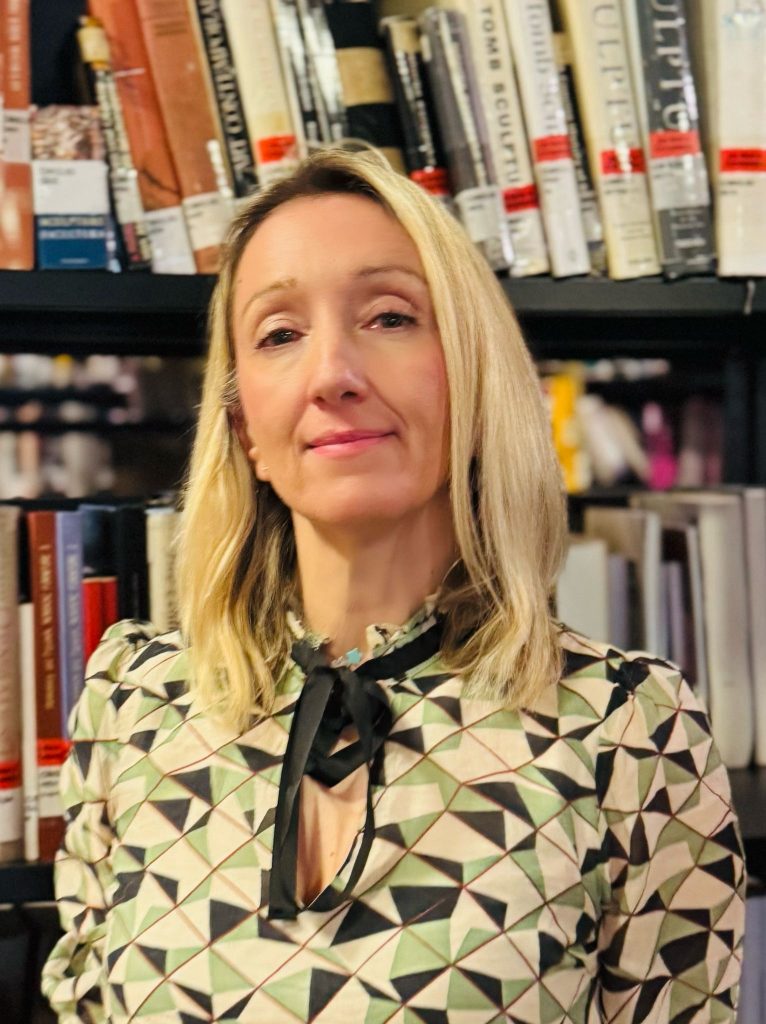
Inga Vilogorac Brčić
University of Zagreb, Faculty of Humanities and Social Sciences
e-mail: ivbrcic@m.ffzg.hr
Learn more
Inga Vilogorac Brčić is an assistant professor in Ancient History at the Department of History, Faculty of Humanities and Social Sciences, University of Zagreb. She earned her PhD in 2012 at the same institution, where she completed her postgraduate studies in Croatian history. Her academic interests include Egyptian and Roman history, Eastern-particularly female-cults, and Roman epigraphy. She has participated in numerous national and international conferences, published several scholarly books and articles, and has been actively involved in organizing seminars and workshops within various science communication projects. In this project, her research focuses on prominent women along the eastern Adriatic coast during the Roman era whose social positions or official roles enabled them to influence their local communities politically, economically, or religiously. These women are documented in Roman epigraphic sources found between Senia (Senj) and Narona (Vid near Metković), dating from the 1st century BCE to the 4th century CE.